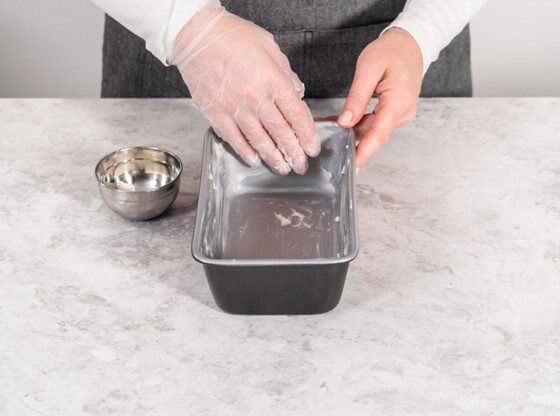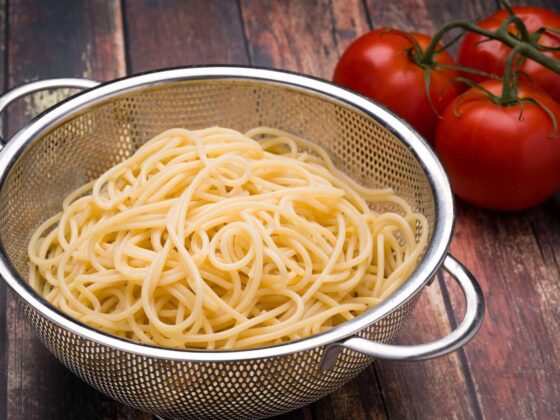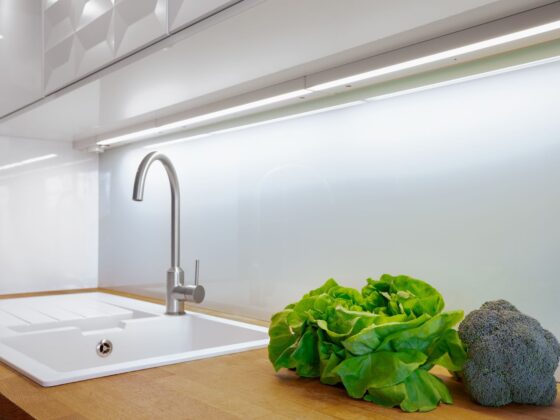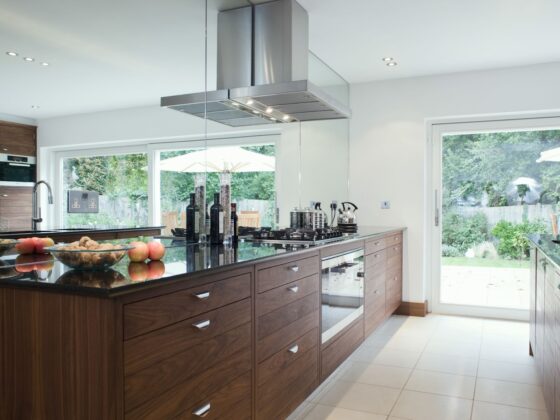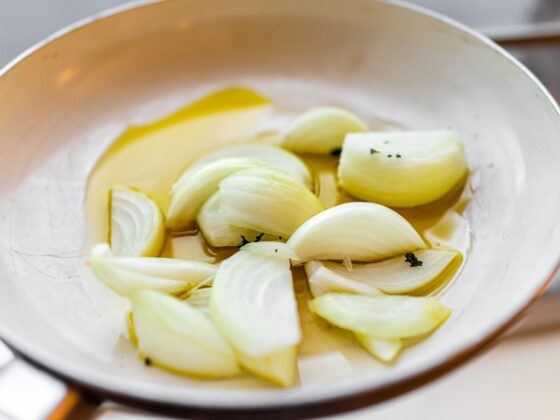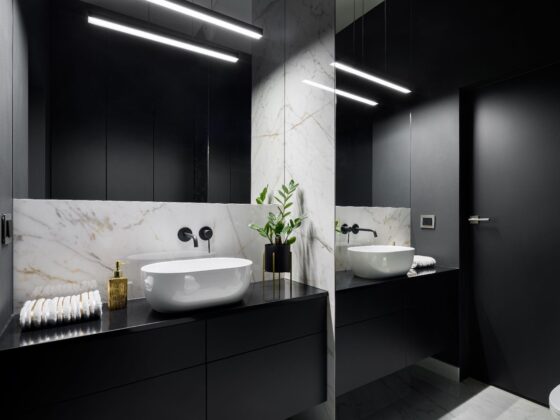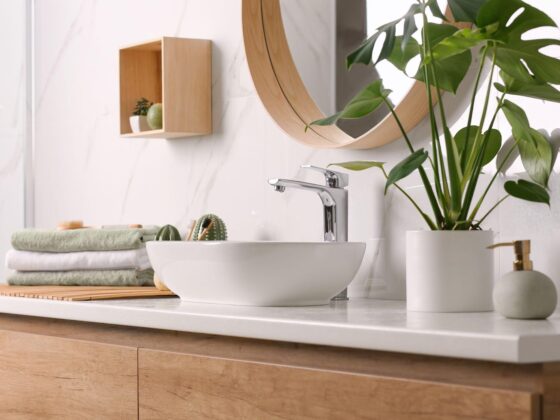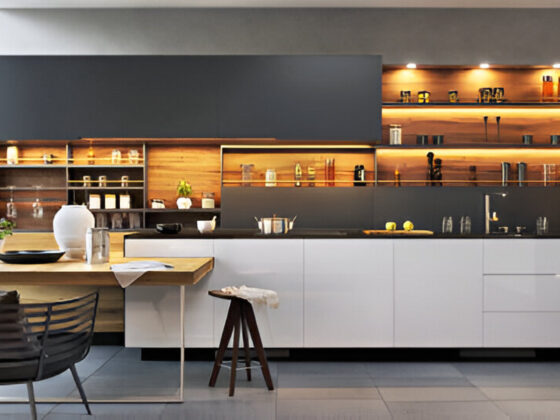Introduction: In the territory of baking, the right choice of equipment can make all the difference. This holds especially true for the humble loaf pan, a staple in every baker’s arsenal. In this guide, we unravel the secrets behind the two main contenders in the loaf pan arena: glass and metal. Join us on a journey to understand the material differences, and advantages, and how to select the perfect loaf pan to enhance your baking endeavors.
Understanding the Material Differences:
Glass Loaf Pans:
Glass loaf pans offer a unique set of characteristics that influence your baking experience. Composed of tempered glass, these pans boast remarkable heat conductivity and retention. The transparency of glass loaf pan vs metal not only facilitates easy monitoring of browning but also makes it non-reactive, preserving the authentic flavors of your creations. Discover the versatility of glass loaf pans, ideal for both baking and serving.
Metal Loaf Pans:
On the other side of the spectrum, metal loaf pans present a different set of advantages. With quick and even heating, durability, and resistance to breakage, metal pans are a favorite among bakers. Despite some drawbacks like the possibility of uneven browning and reactivity with acidic ingredients, metal loaf pans offer versatility with varied surface finishes, allowing for diverse baking effects.
Advantages of Glass Loaf Pans:
- Even Heat Distribution: Glass loaf pans ensure consistent and even heat distribution, elevating the quality of your baked goods.
- Monitoring Browning: The transparency of glass enables precise monitoring of browning, helping you achieve the desired level of doneness.
- Non-Reactive for Flavor Preservation: Glass is non-reactive, preserving the authentic flavors of your recipes without imparting any unwanted tastes.
- Versatility in Baking and Serving: Beyond baking, glass loaf pans are versatile for serving, seamlessly transitioning from the oven to the table.

Advantages of Metal Loaf Pans:
- Quick and Even Heating: Metal loaf pans excel in quick and even heating, ensuring consistent results with every bake.
- Durable and Resistant: Known for their durability, metal pans are resistant to breakage, making them a long-lasting investment.
- Lighter and Easy to Handle: The lightweight nature of metal pans makes them easy to handle, simplifying your baking process.
- Varied Surface Finishes: Metal pans offer varied surface finishes, allowing for creative and diverse baking effects in your recipes.

Disadvantages of Metal Loaf Pans:
- Possibility of Uneven Browning: Despite their advantages, metal pans may pose the risk of uneven browning in certain recipes.
- Prone to Scratching and Wear: Metal pans, while durable, are prone to scratching and wear over time, requiring careful maintenance.
- Reactivity with Acidic Ingredients: The reactivity of metal with acidic ingredients may impact the taste of certain recipes, requiring consideration.
Choosing the Right Loaf Pan for Your Needs:
Understanding your personal baking preferences is crucial in making the right choice between glass and metal loaf pans. Consider the nature of your recipes, the desired baking effects, and the maintenance requirements for each material. Whether you opt for the transparency of glass or the durability of metal, your choice will undoubtedly influence the outcome of your culinary creations.

Conclusion:
In the world of baking, the right loaf pan is not just a vessel. It is a key player in achieving baking perfection. By understanding the nuances of glass and metal loaf pans, you can elevate your baking experience to new heights. Choose wisely, bake passionately, and savor the delicious results of your culinary endeavors.

